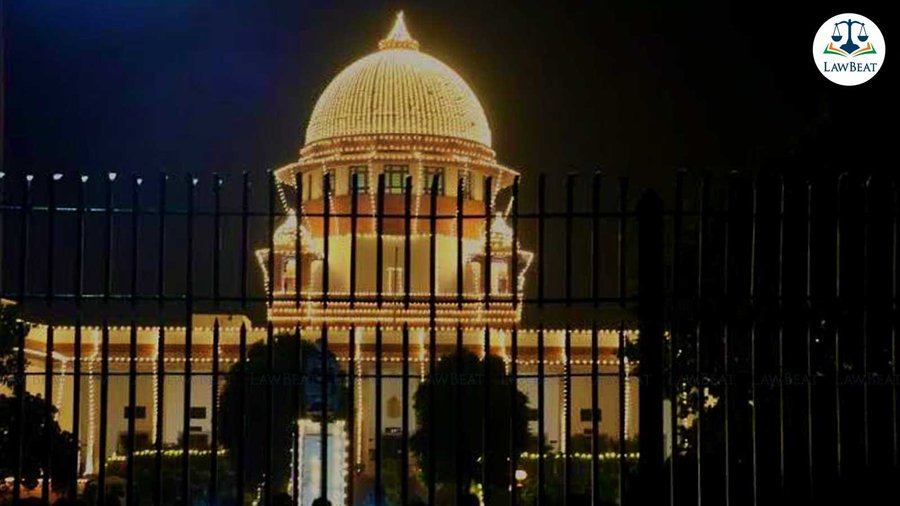Sanction Competency Can't Derail Corruption Trial: Supreme Court

Court said whether the sanction order was passed by the competent authority or not would be a matter of evidence to be proved by the prosecution during the course of trial
The Supreme Court recently said that the high court cannot scuttle trial in a corruption case on a question of competency of authority to grant sanction for prosecution against the accused public servant unless it is satisfied that the failure of justice had occurred by such error or irregularity or invalidity.
A bench of Justices Bela M Trivedi and Prasanna B Varale set aside the Punjab and Haryana High Court's order of May 20, 2019 which allowed a petition filed by respondent Hari Kesh.
The respondent accused sought quashing of sanction order of November 19, 2018, in the case arising out of FIR registered at Police Station Vigilance Bureau, Patiala Range, Patiala for the offence punishable under Sections 7 and 13(2) of the Prevention of Corruption Act, 1988.
Questioning the validity of the high court's order, the Punjab government submitted that the impugned order was passed when the trial had already commenced and the prosecution had already examined seven witnesses. The counsel contended that the high court had committed an error in quashing the sanction order and setting aside the proceedings arising therefrom when the trial had already commenced.
The counsel for the respondent-accused submitted that the high court had rightly quashed the proceedings considering the fact that earlier sanction sought was not granted by the competent authority and now, the impugned sanction order had been passed by an officer who was not competent to grant the sanction to prosecute the respondent-accused.
The court noted the question that arose for determination was whether the high court could have set aside the impugned sanction order and the proceedings arising therefrom, more particularly, when the trial had already commenced and the prosecution had examined seven witnesses.
The court referred to the State of Karnataka, Lokayukta Police Versus S Subbegowda (2023), which stated that a trial in a graft case can neither be stayed nor scuttled in the middle on the ground of absence or invalid sanction, once the Special Judge has taken cognisance of the offence and framed the charge against the accused.
In the instant case, the bench noted, it appeared that the petition for quashing of sanction order was filed by the respondent after the trial court framed the charge and commenced the trial, rather after the prosecution examined five witnesses.
"It is pertinent to note that whether the sanction has been granted by the competent authority or not, would be a matter of evidence. Further, as per the Explanation to sub-section (4), for the purpose of Section 19, error includes “competency of the authority to grant Sanction," the bench said.
Therefore, the bench said, in view of the settled legal position, the high court should not have quashed the sanction order and the consequent proceedings, unless it was satisfied that the failure of justice had occurred by such error or irregularity or invalidity.
"There is not a whisper in the impugned order about any failure of justice having occurred on account of the impugned sanction order. The High Court also should not have entertained the petition for quashing the sanction order when the prosecution had already examined seven witnesses," the bench said.
The court held that the high court had committed gross error in quashing the sanction order and the consequent proceedings by the impugned order.
The bench set aside the May 20, 2019 order and restored the case to the file of the Special Court-Sangrur.
The court ordered that the case should proceed further from the stage at which the proceedings were stopped, in accordance with law.
"Whether the sanction order was passed by the competent authority or not, would be a matter of evidence to be proved by the prosecution during the course of trial," the bench emphasised.
The court clarified that it had not expressed any opinion on the merits of the case and the respondent-accused would be at liberty to raise all contentions as may be legally permissible with regard to sanction during the course of the trial.
Case Title: State of Punjab Vs Hari Kesh
